A Guy Born In 1920 Made These Predictions About Robots That Are Coming True Today
Asimov is one of the most beloved science fiction authors of all time. Let's take a look at how he got there.

Asimov grew up in Brooklyn when his parents moved there from Russia. He passed the time reading sci-fi magazines in his father's candy store.
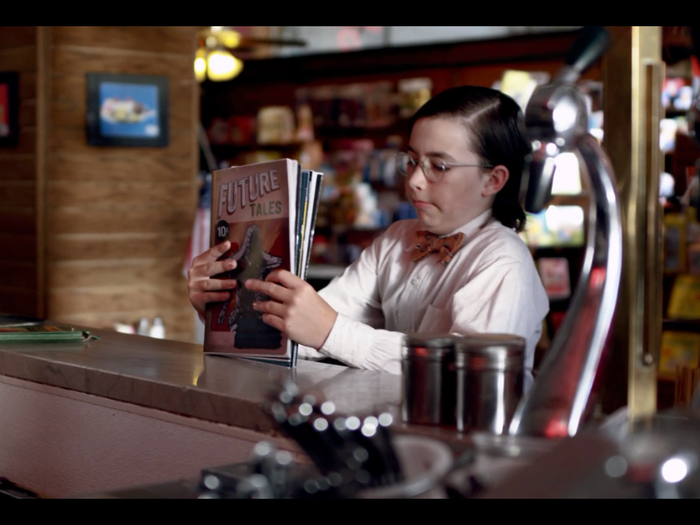
Robots were frequently portrayed as Frankenstein's-monster-type creations. But Asimov looked at them another way, more like intelligent appliances than monsters.

In his 1939 story "Robbie," a young girl becomes incredibly attached to her house robot despite a rampant culture of technophobia.
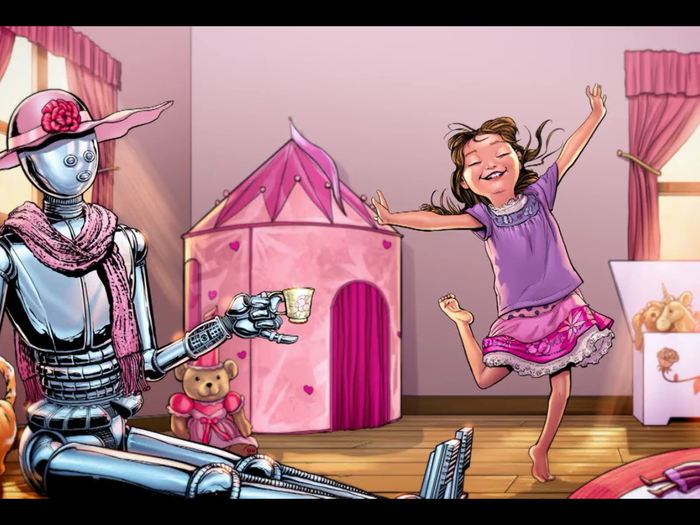
Her parents take Robbie out of the home and put him to work in a factory.
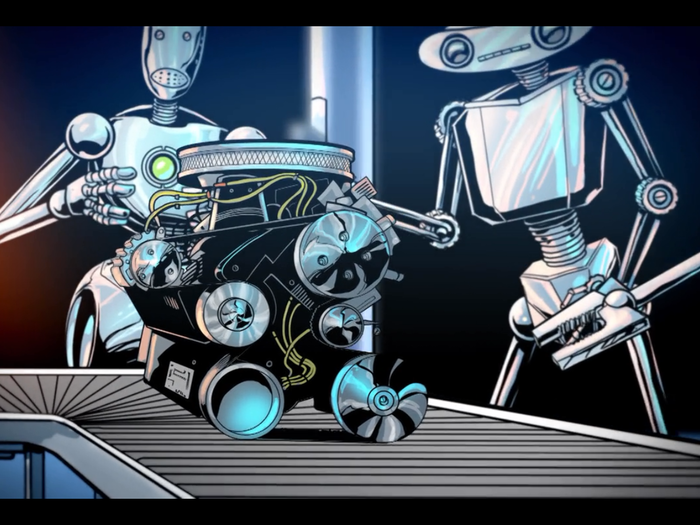
Walking by the factory with her father, the girl glances in and recognizes Robbie. She runs in to meet him and is very nearly killed...
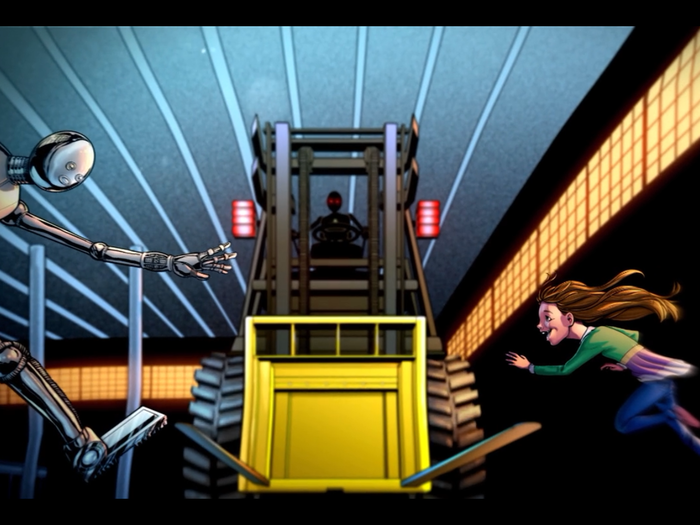
...but the robot saves her. Asimov is famous for his "laws of robotics," which prevent robots from hurting humans, or through inaction, allow humans to come to harm.
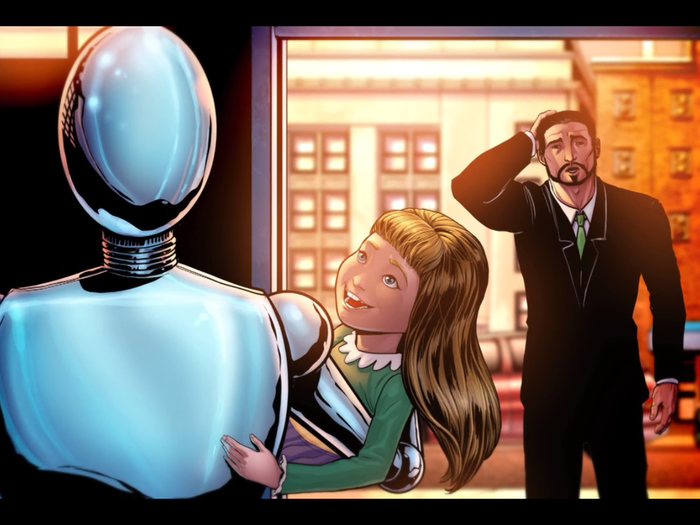
We certainly have a way to go before developing robot technology akin to Robbie, but scientists are already well on their way to developing social, domestic robots for the home.

Social humanoid robots are already serving a purpose in the medical world. This robot engages patients in lightweight physical therapy, matching their arm movements.
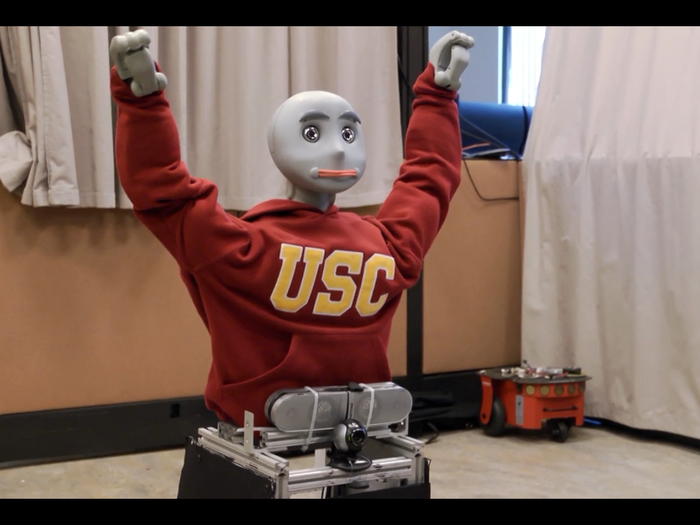
Asimov's vision of robot-as-appliance became reality in 1961 when General Motors introduced Unimate, a robot that worked on factory floors, spot-welding car parts together.
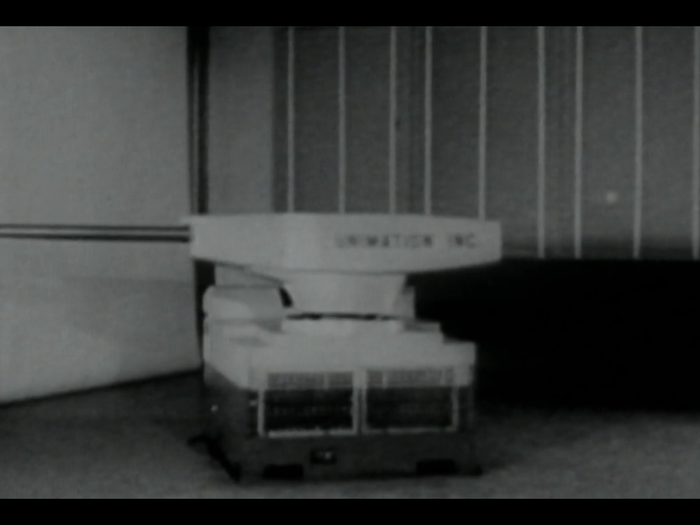
This simple idea has obviously evolved into an essential part of our modern manufacturing process, working more quickly and safely than humans.

Asimov was drafted into the army during WWII. He hated it, but was honorably discharged after nine months.
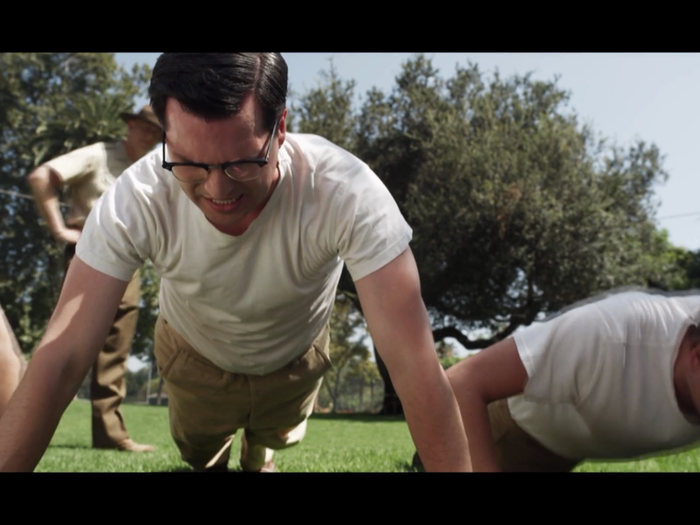
His military experience got him thinking of new potentials for robots. What if they could take the place of humans on the battlefield?
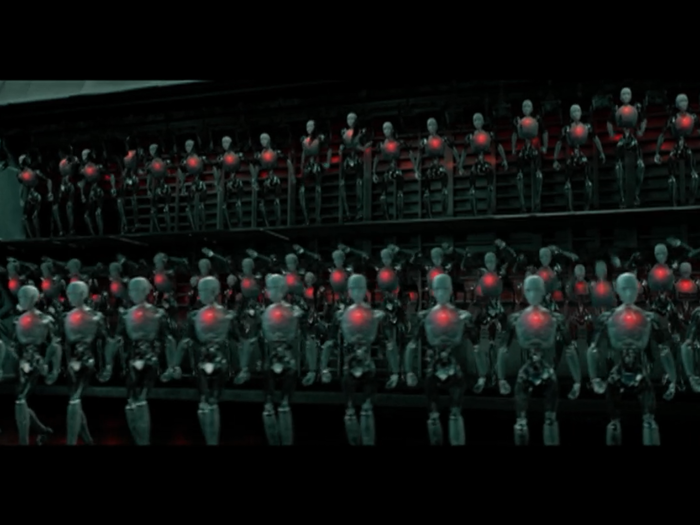
The famous and controversial Predator drone is an unmanned aircraft in use on the battlefield today.
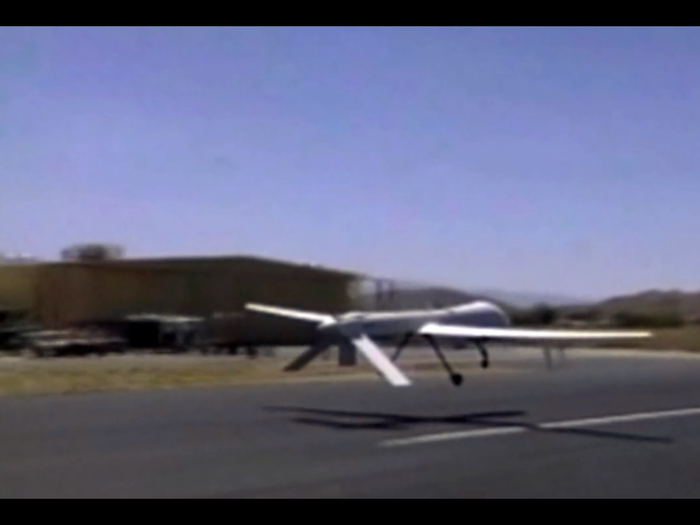
This is a military robot designed by iRobot (yes, the robot vacuum cleaner company). It's used for defusing bombs, scouting terrain, and is one more tool for generally keeping soldiers safer.
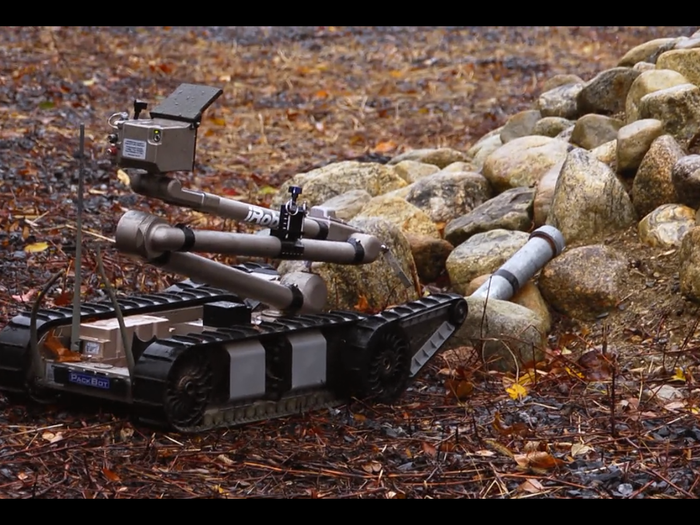
Here's another military robot creation from iRobot, called the Warrior. It can climb stairs and tread through water without any issues.
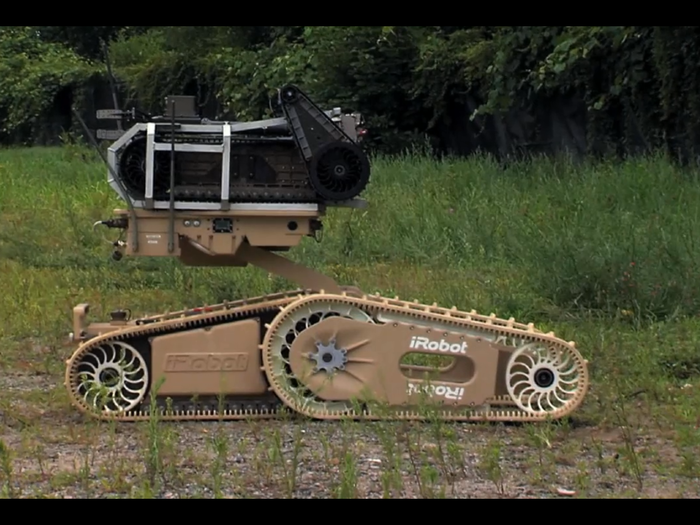
It's even powerful enough to tow a truck.
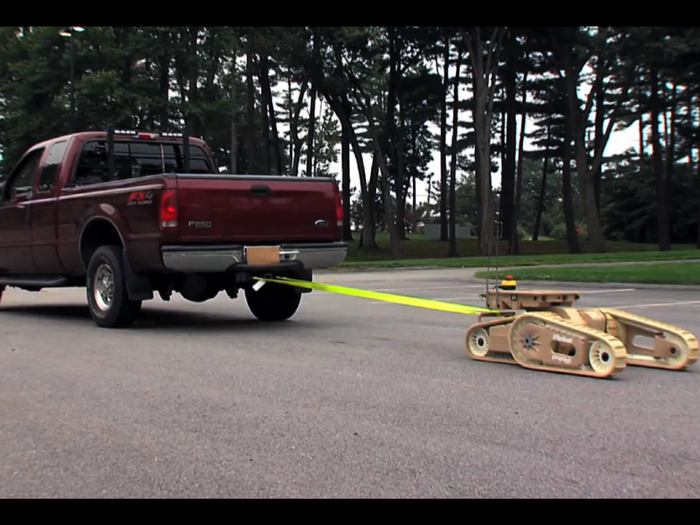
Although Asimov began to branch out from science fiction, the robots were never far from his mind. He began to see them as the solution to interstellar travel and colonization.
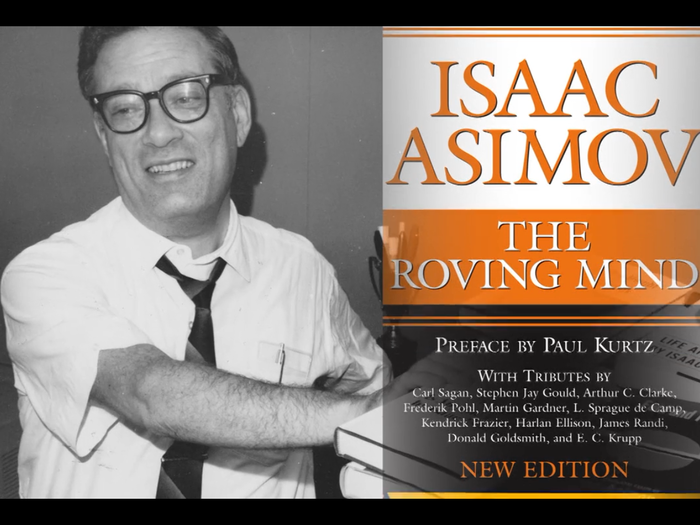
And while we have yet to send them into space without humans, robots obviously play a large role in space exploration today.
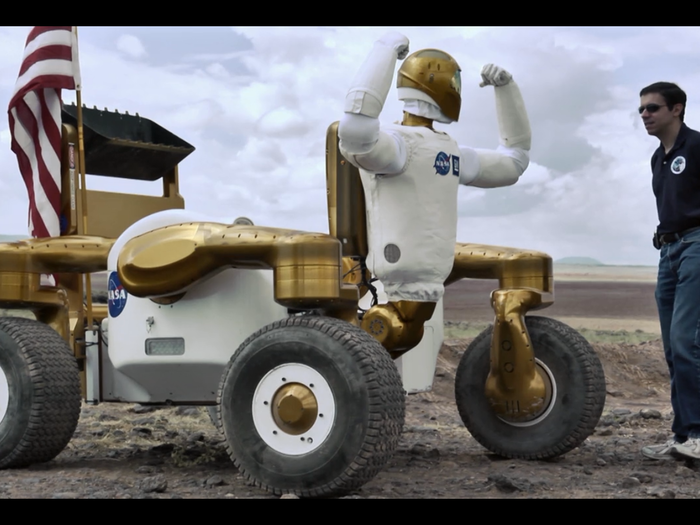
Asimov also predicted "transhumanism," the meshing of biological humans with robotic components.
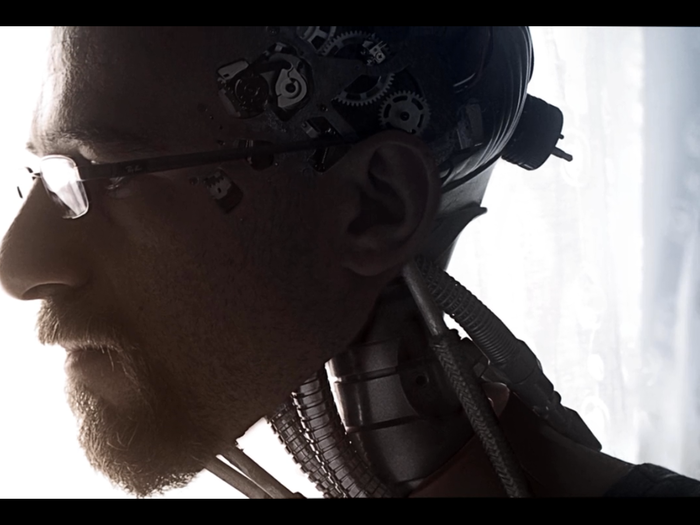
In his famous story 'The Bicentennial Man,' Asimov describes one robot's efforts to become human.
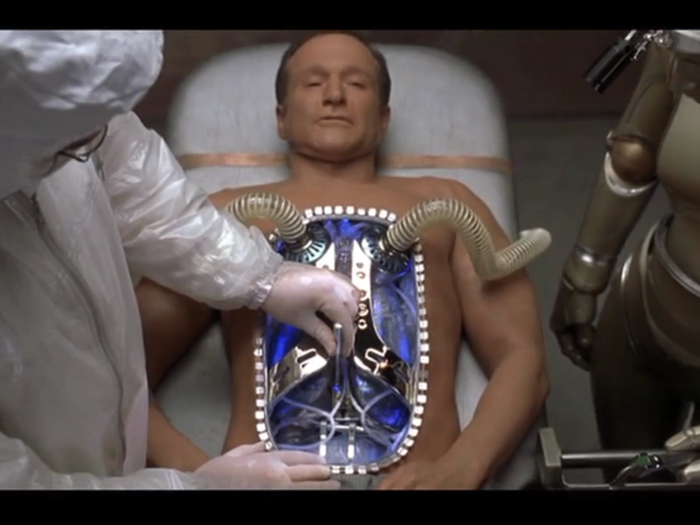
Humans are already augmenting themselves with advanced prosthetics.
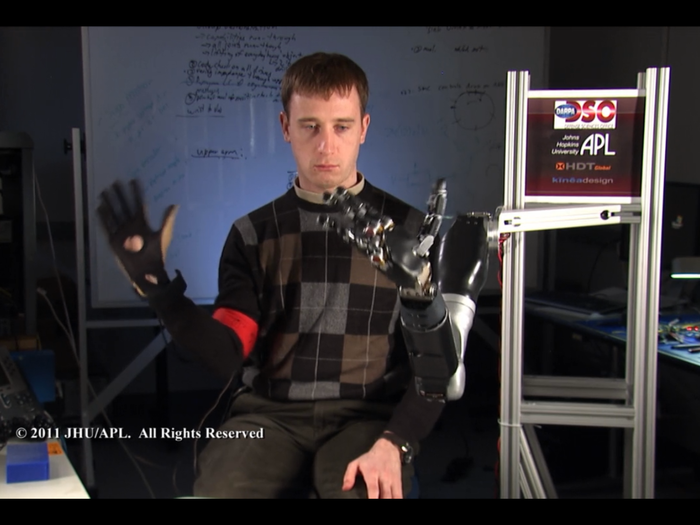
The most advanced of these prosthetics are wired to the brain and are controlled with nothing more than a thought.
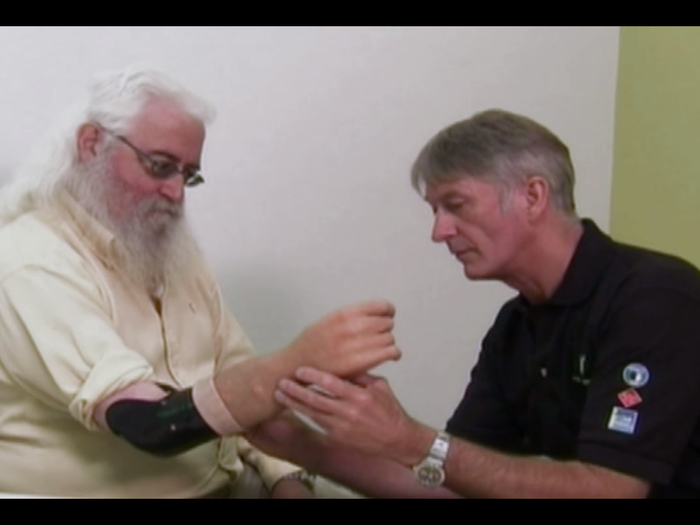
Asimov died in 1992 due to heart complications, but he left behind an expansive body of work that's still as relevant as ever. And as robots figure into our daily lives more often, his work will continue to stay that way.
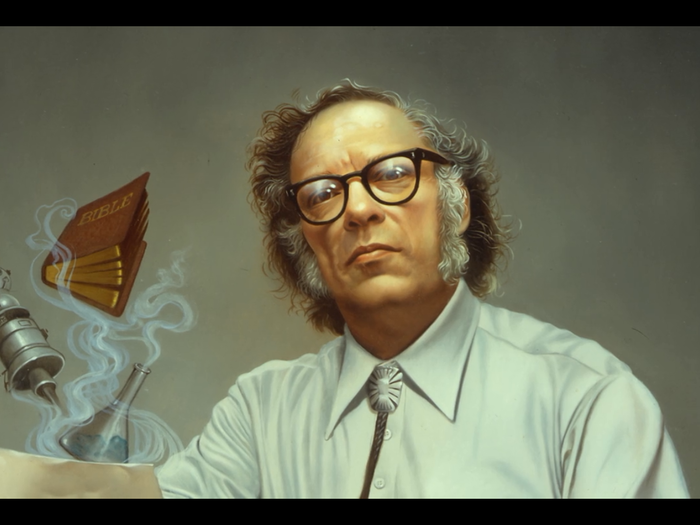
Robots have a way to go before looking convincingly human.

Popular Right Now
Popular Keywords
- India’s wearables market decline
- Vivo V40 Pro vs OnePlus 12R
- Nothing Phone (2a) Plus vs OnePlus Nord 4
- Upcoming smartphones launching in August
- Nothing Phone (2a) review
- Current Location in Google
- Hide Whatsapp Messages
- Phone is hacked or not
- Whatsapp Deleted Messages
- Download photos from Whatsapp
- Instagram Messages
- How to lock facebook profile
- Android 14
- Unfollowed on Instagram
Advertisement